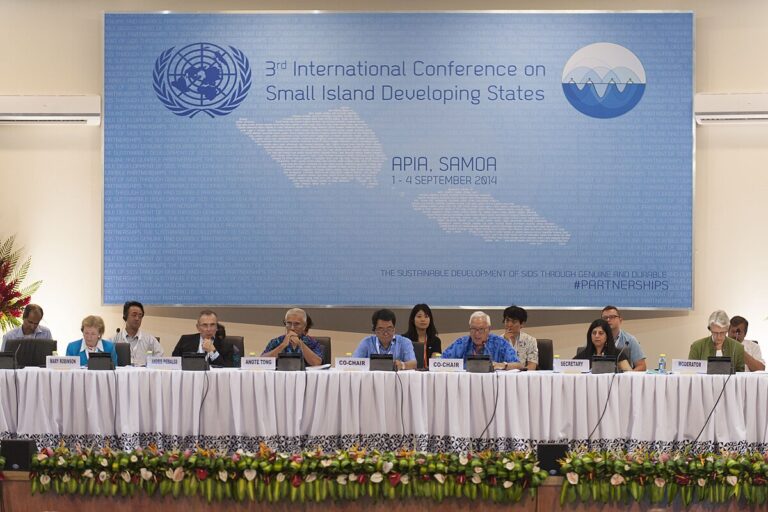On both sides of the Atlantic, challenges are high and there is chatter amongst the pundits about decline or dissolution. The great American economy stumbled with the financial crisis and has been slow to stand tall in recovery. Across the Atlantic, Europeans seem to be on a see-saw of despair versus relief from short term solutions to the Euro crisis.

Signs of economic growth in the United States bring some share of relief, but the fundamental problems continue to loom large. The much-reported stagnation of income for many working Americans undermines the optimism that has long been the hallmark of our country. Along with the relentless mismatch between our federal expenditures and revenue, and the ballooning costs of entitlements embedded in our demography, we are crying out for effective governance. But politics is the most dispiriting of all.
The question we face on both sides of the ocean is how seemingly polarized and even dysfunctional democratic political systems can rise to the challenges we face. And the answer is different folks, different strokes.
In Italy’s parliamentary system, the parties have agreed to an informal truce in order to allow Mario Monti, the highly regarded professor of economics and former EU Minister, to become Prime Minister of Italy. He was drafted this past November from his position as rector and president of the prestigious Bocconi University in Milan. How a renowned “technocrat” came to head the Italian government and be seen by some as the savior of the single currency project in Europe is a distinctly Italian and European story.
Earlier this year, Mario Monti visited the United States, and as I listened to him speak about the economic reforms he hoped to introduce in Italy, I was greatly impressed. Monti is a unity candidate. He comes from outside the political establishment and he is prepared to work with all sides. His cabinet is similarly technocratic, with citizen specialists drafted to serve for an interim period of reform. During his first speech to his country, as reported in the press, he noted that Italy faced three economic challenges—to adopt austerity in fiscal matters because of its large debt; to introduce structural changes in the economy to unleash growth, which brings in revenue and reduces demands on the government budget; and to do both of these things with sensitivity and regard for income inequality.
I asked myself: why don’t any of our politicians weave the strands together like that? Why, in the United States, are we seemingly confronted only with poorly matched parts of the puzzle? And I suppose the reason is that only politicians are running for office. Like in Italy, politicians have to differentiate themselves from others, and thus forgo the chance to claim the independent middle. But we don’t have a parliamentary system to initiate a pause. In America, if we believe we have problems that cannot be resolved by political business as usual, the response has to come from the grassroots.
It is this dilemma that made me take notice of a quintessentially American experiment called Americans Elect. Americans Elect invites American citizens to name a unity ticket to stand for election as president and vice-president in the 2012 election. It is so perfectly American in culture, bringing private money, technology and operations brilliance together. I joined the advisory council and have crossed fingers that they will manage to find a worthwhile candidate who would stand at the top of a ticket that would likely take votes from both parties. Whoever is chosen can expect to have ballot access in fifty states because of the grassroots work that is already underway. Experts, like Tom Friedman, have called for a third party in our upcoming election, not because the third candidate would win, but for the benefit of a centrist platform that would require mainstream politicians to speak to the center, not to the fiercely partisan core of each party .
In democracies, there is scope for reinvention when the need is widely felt. Parliamentary systems differ from presidential ones — culture matters, too. But the genius of democracy is that is gives citizens enough freedom to call a time out from normal electoral politics.
Written by Dean Jessica Einhorn
Jessica Einhorn is the Dean of SAIS and the first graduate of the school to serve as dean. She also serves at SAIS as chair of the Foreign Policy Institute and professor of International Political Economy. Known internationally for influence on development of modern global capital markets, she previously served as managing director, vice president and treasurer of the World Bank and as visiting fellow at the International Monetary Fund. She currently serves as a director of the Peterson Institute for International Economics, the Center for Global Development, the National Bureau of Economic Research and Time Warner. She received her Ph.D. in political science from Princeton University.



